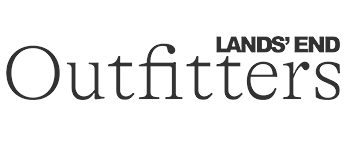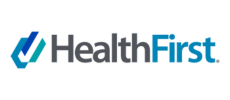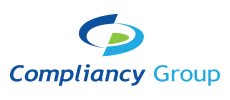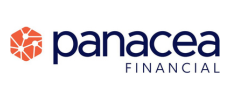AHRQ Highlights Tribal Health Inequities
Per the notice below, the Agency for Healthcare Research and Quality (AHRQ) is highlighting inequities in health care for American Indian and Alaska Native communities.
AHRQ’s Role in Meeting the American Indian/Alaska Native Trust Responsibility
One of AHRQ’s most valuable contributions is its abiding scrutiny of inequities in healthcare delivery. Its National Healthcare Quality and Disparities Report, published annually for over two decades, is the Nation’s most comprehensive assessment of disparities. The report elucidates the longstanding inequities experienced by American Indian and Alaska Native (AI/AN) communities. AI/AN communities have a life expectancy ranging from 45 to 65 years of age, 10 to 30 years less than the general U.S. population, depending on the location. That startling reminder of inequality exemplifies why a presentation on AI/AN infant and maternal health trends at AHRQ’s recent National Advisory Council for Healthcare Research and Quality meeting was so essential. This presentation called our attention to staggering divides in health outcomes. It revealed that AI/AN women are more than twice as likely to die from pregnancy-related causes than non-Hispanic white women. Furthermore, 93 percent of AI/AN pregnancy-related deaths are considered preventable. We also learned that mental health is a serious issue, with 31 percent of maternal deaths related to suicide or poisoning. This crisis mirrors data for the AI/AN population as a whole; the suicide rate for AI/AN people is 91 percent greater than the general population, sadly illuminating how the social injustices in which AI/AN communities live matter to psychological pain and suffering.
Our national commitment to eliminating health disparities and promoting health equity must apply to the AI/AN population, which comprises 9.7 million Americans. This is not only the right thing to do; a specific legal obligation is to fulfill the “trust responsibility,” the legal doctrine of “an undisputed existence of a general trust relationship between the United States and the Indian people.” This responsibility carries special obligations to provide healthcare and education, protect tribal lands, and keep promises made in nearly 400 treaties between 1787 and 1871. Addressing AI/AN health disparities is not the sole responsibility of the Indian Health Service. All federal agencies bear the responsibility to act. AHRQ, with the mission of improving healthcare for all by producing evidence to make healthcare of higher quality so that it is safer, patient-centered, timely, effective, accessible, efficiently provided, and equitably distributed, sits in a unique position to contribute to fulfilling the trust responsibility. What is AHRQ’s role in improving AI/AN health? We offer three suggestions:
- Continue to call attention to inequity. AHRQ’s National Healthcare Quality and Disparities Report is an excellent start. It should represent a floor, not a ceiling, informing the national conversation regarding AI/AN health disparities.
- Explore respectful integration of traditional healthcare practices. AHRQ’s expertise positions the agency to develop culturally responsive practices for integrative care. As AHRQ explores resources and infrastructure to integrate AI/AN knowledge into healthcare practices, the AHRQ Academy for Integrating Behavioral Health & Primary Care has engaged in the integration of traditional healing practices in all aspects of care, extending the body of research on traditional, complementary, and integrative medicine into practice.
- Develop advanced data solutions. AHRQ specializes in developing and managing healthcare data to monitor healthcare systems’ performance. AHRQ’s Medical Expenditure Panel Survey and the Healthcare Cost and Utilization Project constitute the state of the art for quantifying healthcare spending and trends in hospital care. Its Social Determinants of Health Database makes it easier to facilitate research and analysis via a range of well-documented variables across social and economic domains. We encourage AHRQ to continue to develop collaborative partnerships with AI/AN interested parties (e.g., Indian Health Service, tribal health organizations, and the Department of Veterans Affairs). One area where AHRQ can take a leadership role would be in developing a Native American National Household Survey, which could identify gaps in healthcare delivery, opioid-related care, suicide, maternal health, and social determinants of health. AHRQ’s data products should set baselines for documentable, quantifiable quality improvement.
At our National Advisory Council meeting, we heard loud and clear that more needs to be done to address tribal health inequities within the context of respecting tribal sovereignty and data sovereignty. We are pleased with AHRQ’s support of AI/AN health and look forward to helping the agency consider new strategies to close the wide gaps in care and outcomes.


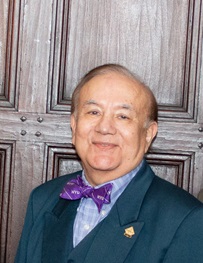
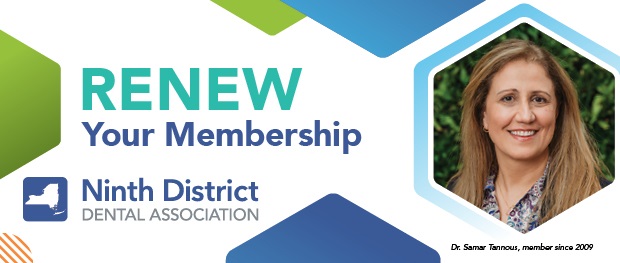
.tmb-rotator.png?Culture=en&sfvrsn=e3185440_1)
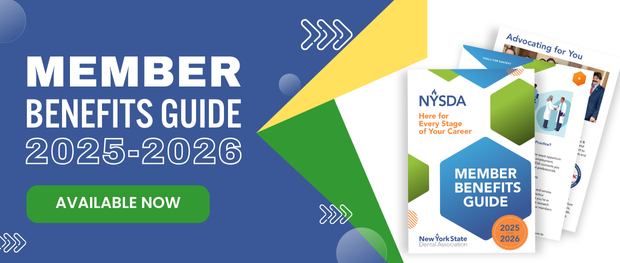
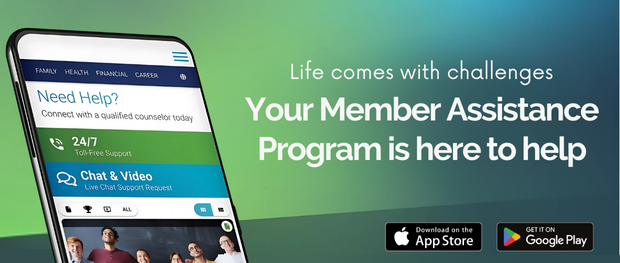




.png?sfvrsn=4447de7f_1)




